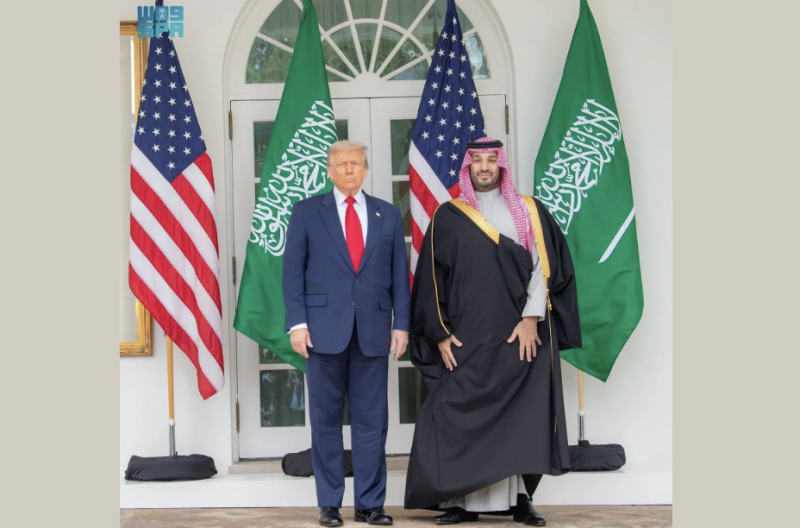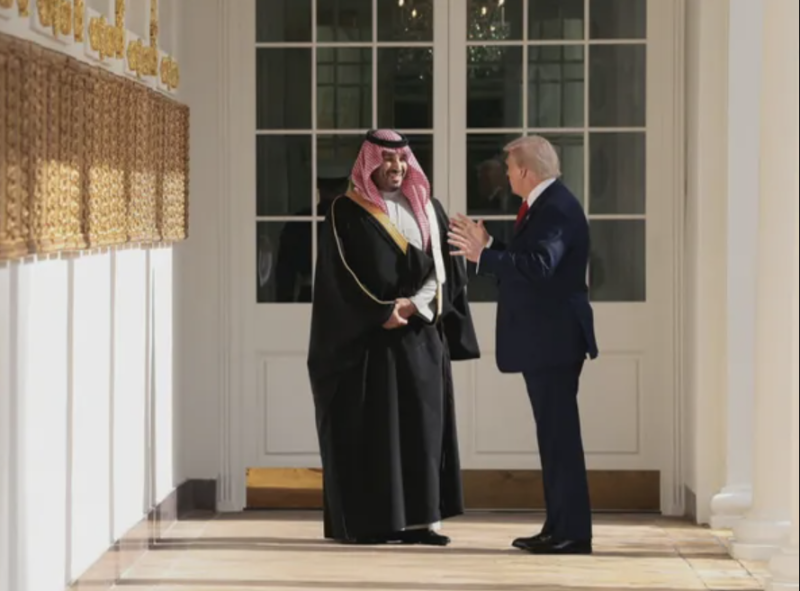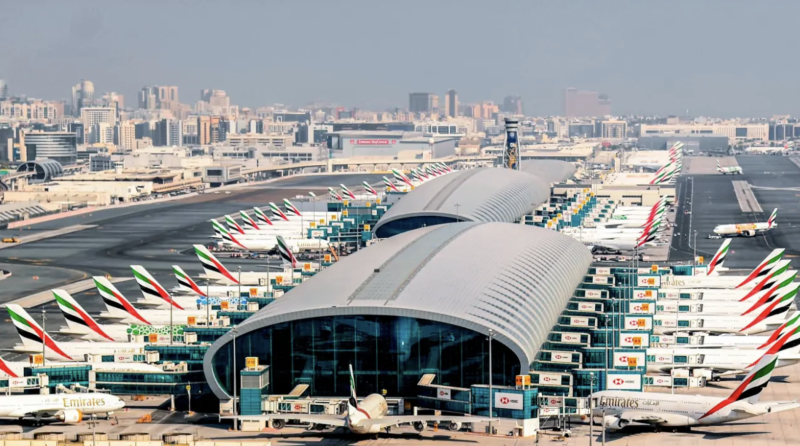UAE’s Comprehensive Economic Partnership Agreements with Türkiye and Indonesia come into force tomorrow


Two of the United Arab Emirates’ Comprehensive Economic Partnership Agreements will come into force on 1st September 2023, promising to deliver a new era of trade and investment cooperation with two rapidly emerging global economies. The UAE-Türkiye CEPA and the UAE-Indonesia CEPA will now remove or reduce tariffs on a vast array of goods, eliminate unnecessary barriers to trade, and establish pathways for investment into priority sectors such as logistics, energy, food production, fintech, e-commerce, as well as travel and tourism.
These are now the third and fourth of the UAE’s Comprehensive Economic Partnership Agreements to come into force, following on from the successful roll-out of CEPAs with India, which was implemented in May 2022, and Israel, which was introduced in April 2023. As such, they are the latest components of a foreign trade agenda that seeks to establish stronger economic ties with strategically important nations around the world.
The UAE-Indonesia CEPA, which was signed in Abu Dhabi in July 2022, is projected to boost the value of bilateral non-oil trade from its current US$4.08 billion to more than US$10 billion within five years. The agreement also seeks to raise the combined value of trade in services between the two nations to US$630 million by 2030. Under the terms of the CEPA, more than 80 percent of UAE exports to Indonesia will now be exempt from customs duties.
The UAE-Indonesian economic partnership also seeks to develop the rapidly expanding Islamic economy, which is projected to reach US$3.2 trillion by 2024, while accelerating the implementation of investment projects worth US$10 billion in sectors such as agriculture, energy, infrastructure, and logistics.
The UAE-Türkiye CEPA has eliminated or reduced customs duties on 82 percent of product lines, which account for more than 93 percent of the value of bilateral non-oil trade. In 2022, Türkiye was the fastest growing of the UAE’s top ten trading partners, with non-oil trade climbing 40 percent to US$18.9 billion. The newly liberalized trading environment will see this rise to US$40 billion within the next five years.
Dr. Thani bin Ahmed Al-Zeyoudi, Minister of State for Foreign Trade, said, “The implementation of our Comprehensive Economic Partnership Agreements with Türkiye and Indonesia marks a significant step forward in our foreign trade program. Both agreements will unlock a range of opportunities for our private sector in two of the world’s most dynamic centers of growth, and help broaden our network of trade partnerships with strategically important markets – both regionally and globally.
He added, “These agreements have been strategically crafted to invigorate and streamline the movement of non-oil trade, ensuring resilient supply chains and fostering opportunities for partnerships among the business communities in each partner country. These agreements will act as catalysts for channeling investments into promising sectors including energy, logistics, tourism, the Islamic economy, agriculture, and more."
He stressed that the Comprehensive Economic Partnership Agreements play a vital role in attaining the nation's objectives, in particular the vision laid out in “We The UAE 2031”, which seeks to double the UAE’s non-oil foreign trade to AED 4 trillion and elevate national exports to AED800 billion. The recently published statistics from H1, 2023, which show a record non-oil foreign trade value of AED1.239 trillion for the first six months of the year, demonstrate that the UAE is firmly on track – and that the CEPA program will help maintain this upward trajectory.

A joint statement was issued today at the conclusion of the official visit of His Royal Highness Prince Mohammed bin Salman bin Abdulaziz Al Saud,…

Washington — Saudi Crown Prince Mohammed bin Salman has declared that the Kingdom of Saudi Arabia is open to joining the Abraham Accords, but…

Dubai — Dubai International Airport (DXB), the world’s busiest hub for international travel, has recorded a staggering 93.8 million pas…